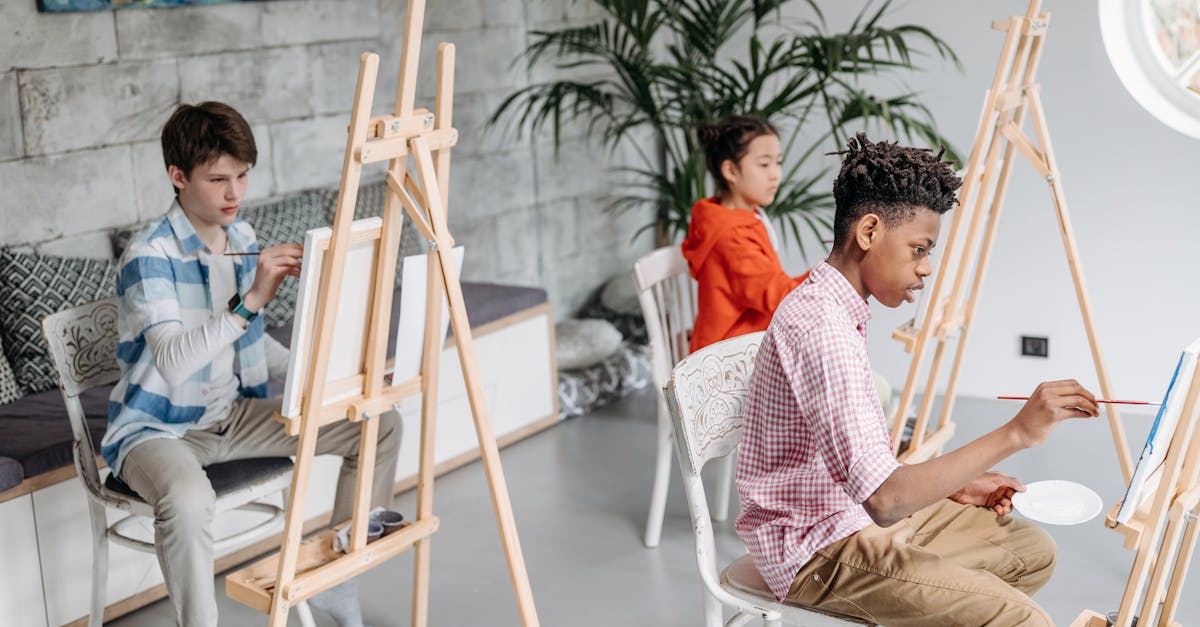In today’s fast-paced world, finding ways to unwind and destress is crucial for maintaining good mental health. For many, engaging in creative pursuits such as painting can provide a therapeutic outlet for self-expression and relaxation. Among the various painting mediums, oil painting stands out for its rich colors, blendability, and versatility. However, like any art form, oil painting comes with its own set of pros and cons when it comes to promoting mental well-being.
Pros of Oil Painting:
1. Expressive Freedom: Oil painting allows artists to express their emotions and thoughts in a visually compelling way. The slow drying time of oil paints enables artists to blend colors seamlessly and make changes to their work over an extended period, fostering a sense of freedom and experimentation.
2. Mindful Focus: Engaging in oil painting requires concentration and focus, which can help individuals achieve a state of mindfulness. Immersing oneself in the creative process can be meditative, allowing artists to disconnect from worries and stressors and be fully present in the moment.
3. Emotional Release: Painting with oils offers a cathartic release for pent-up emotions and stress. The act of applying paint to canvas and manipulating colors can be a therapeutic way to process difficult feelings and experiences, promoting emotional well-being and self-awareness.
Cons of Oil Painting:
1. Time-Consuming Process: Unlike watercolors or acrylics, oil painting requires patience and time due to the slow drying nature of oil paints. This extended process may be challenging for individuals seeking quick gratification or those with limited time for creative pursuits.
2. Cost of Materials: Oil paints, brushes, and other supplies can be costly, especially for beginners or those on a tight budget. The investment required for quality materials may act as a barrier for some individuals looking to explore oil painting as a hobby or form of therapy.
3. Health Concerns: Oil paints contain chemical pigments and solvents that can emit fumes during the painting process. Prolonged exposure to these substances can pose health risks, particularly for individuals with respiratory issues or sensitivities. Proper ventilation and safety precautions are essential when working with oil paints.
In conclusion, oil painting offers a fulfilling and therapeutic experience for artists seeking to enhance their mental well-being through creative expression. While there are pros and cons to consider, the benefits of emotional release, expressive freedom, and mindful focus make oil painting a valuable tool for self-care and personal growth. By understanding the challenges and rewards of working with oil paints, individuals can harness the power of art to nurture their mental health and cultivate a sense of inner peace.


